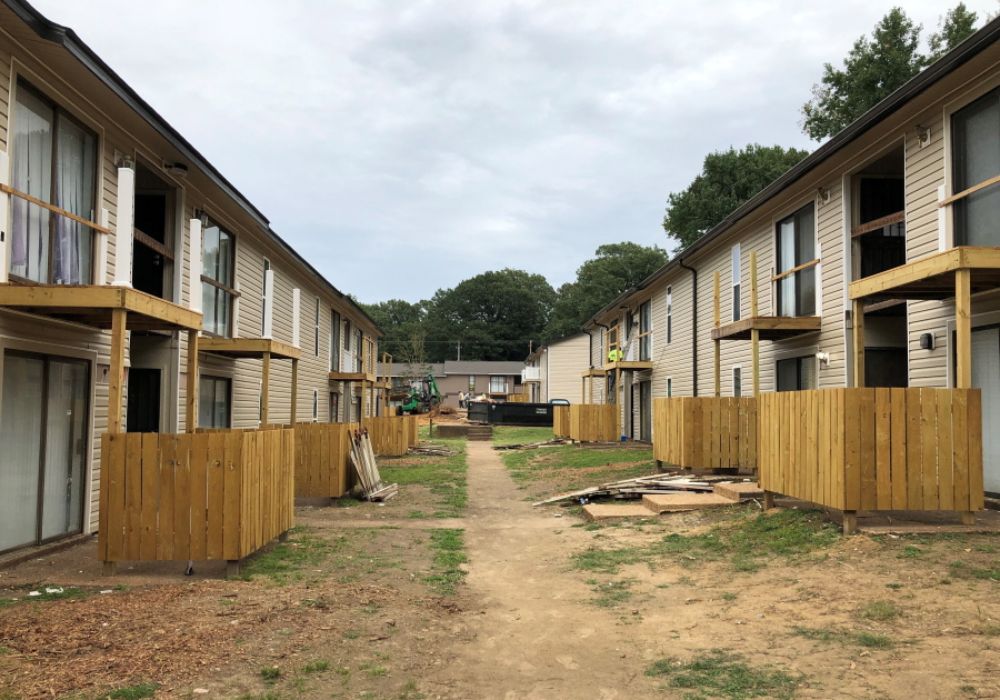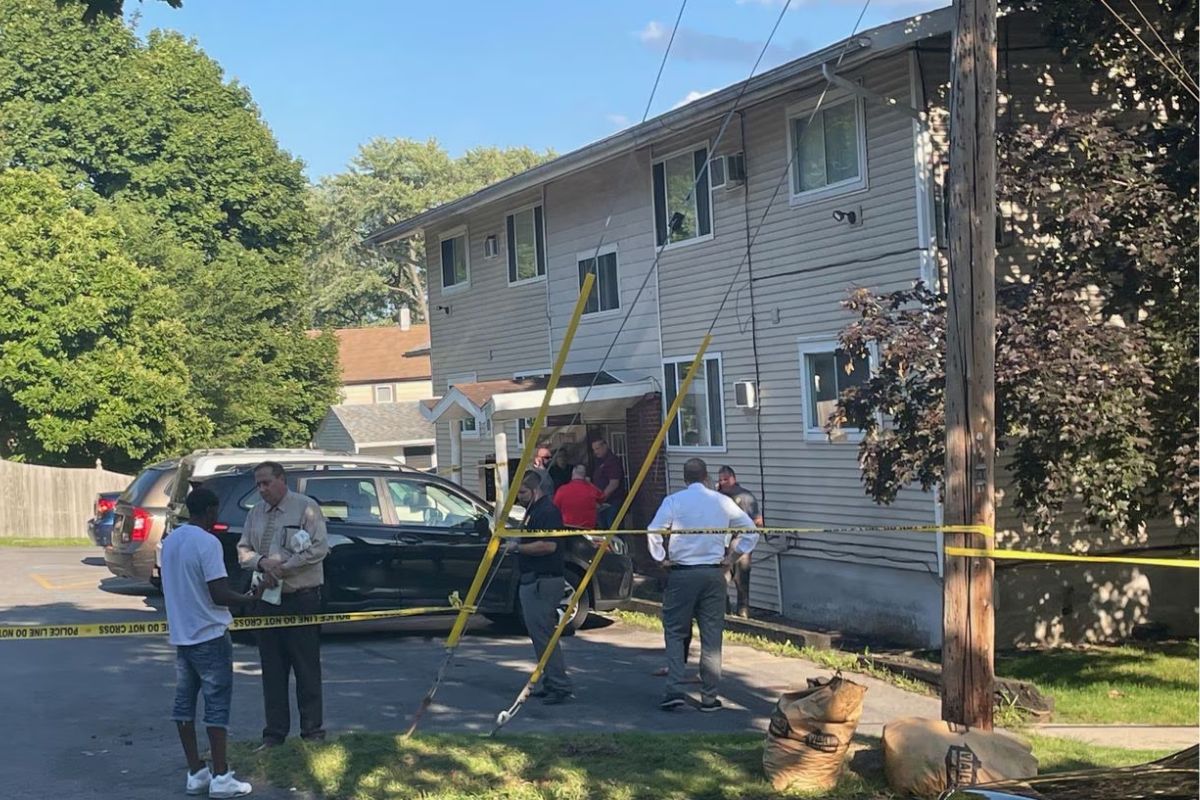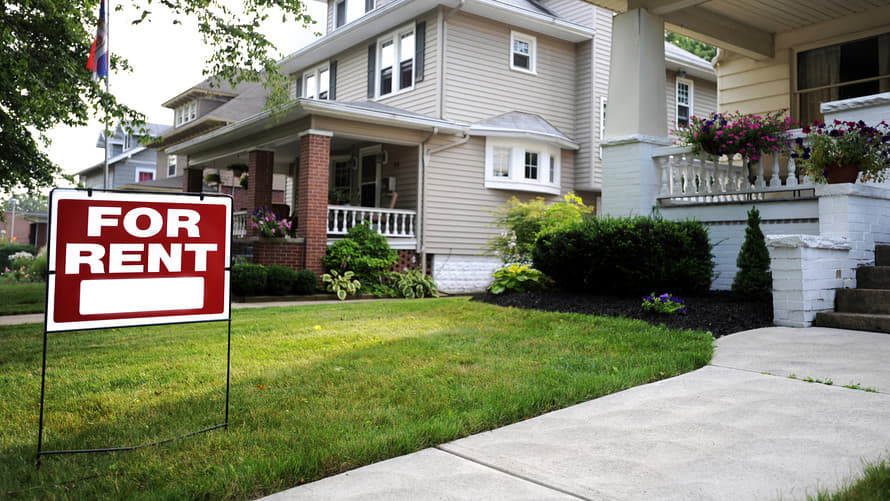Many mobile home owners may find themselves questioning whether their landlord has the right to block the sale of their home. Landlords do have some authority over tenants' ability to sell their mobile homes, since the homeowner leases the land the home sits on rather than owning the land itself. In this article, we will examine a landlord's ability to stop a mobile home sale.
Can the Landlord Interfere with the Sale of My Home?
No, your landlord cannot interfere in any way with the sale of your mobile home according to Illinois Statute 765 ILCS 745/24. As the homeowner, you have the right to sell your property without obstacles from the landlord.
However, the buyer will need approval from the landlord as a new tenant and must sign a written lease before finalizing the purchase unless they intend to immediately move the home out of the community.
Related: How Can I Sell My Mobile Home Without Land?
Can the Landlord Place Restrictions on My Buyer?

Landlords are permitted to set certain tenant qualifications and restrictions that all new residents must meet. Common restrictions include requiring good credit and rental histories from applicants. Landlords may also limit the number of occupants based on local housing codes.
However, any tenant selection criteria or restrictions imposed by the landlord must be fair and non-discriminatory. The criteria cannot be so stringent that it effectively blocks the sale of a home or violates fair housing laws. For example, a landlord could not reject a buyer solely based on their race, religion, familial status, or other protected attributes.
Can I Use an Independent Real Estate Agent?
Yes, you are free to contract with a real estate agent not associated with the landlord or community to assist with selling your mobile home. Using an experienced manufactured housing agent can help get the best sale price. But selling privately without an agent is also an option if you prefer. What matters most is protecting your rights through proper sale documentation.
Do I Have to Pay Any Fees to the Landlord?
In general, landlords cannot charge tenants fees simply for privately selling their home. The only time a landlord may charge fees is if the tenant specifically hires the landlord to act as their real estate agent for the transaction.
Even then, any commission or fees must be clearly outlined and mutually agreed upon in writing upfront. The agreement should state the specific services the landlord will provide and detail the fee amount as a set percentage of the home sale price.
Landlords are not allowed to arbitrarily add unanticipated charges to a tenant's private home sale that were not part of the original lease agreement. Tenants selling independently without utilizing the landlord's brokerage services should not face any cost imposition from the landlord related to exercising their right to sell.
Should I Have a Listing Agreement?
Yes, it is wise to have any agreement with an agent or landlord in writing using a formal listing contract. This contract should clearly define the duration of the listing, commission percentage if applicable, responsibilities of both parties, and terms for terminating the agreement. Getting details of your working relationship documented protects both parties' interests during the sale process.
Can the Landlord Demand Home Removal after Sale?
Possibly, but only if the home is less than 12 feet wide or in a state of significant disrepair. The landlord must have first provided written notice of any unsatisfactory conditions prior to sale. Issues like housing code violations, community rule breaches involving leaking roofs, unsafe utilities, or deteriorating structures could prompt a removal requirement.
However, without prior written notification, the landlord cannot demand the new buyer move the home out.
Conclusion
In conclusion, Illinois law firmly establishes a mobile homeowner's right to freely sell their property without undue restrictions from the landlord. General qualifications on new tenants and agreements regarding responsibilities like selling agent commissions are allowed. But overall, the sale process should be free from coercion or arbitrary fees.
With an understanding of your legal protections and proper documentation of any transactions, you can feel confident moving forward with selling your manufactured home.





